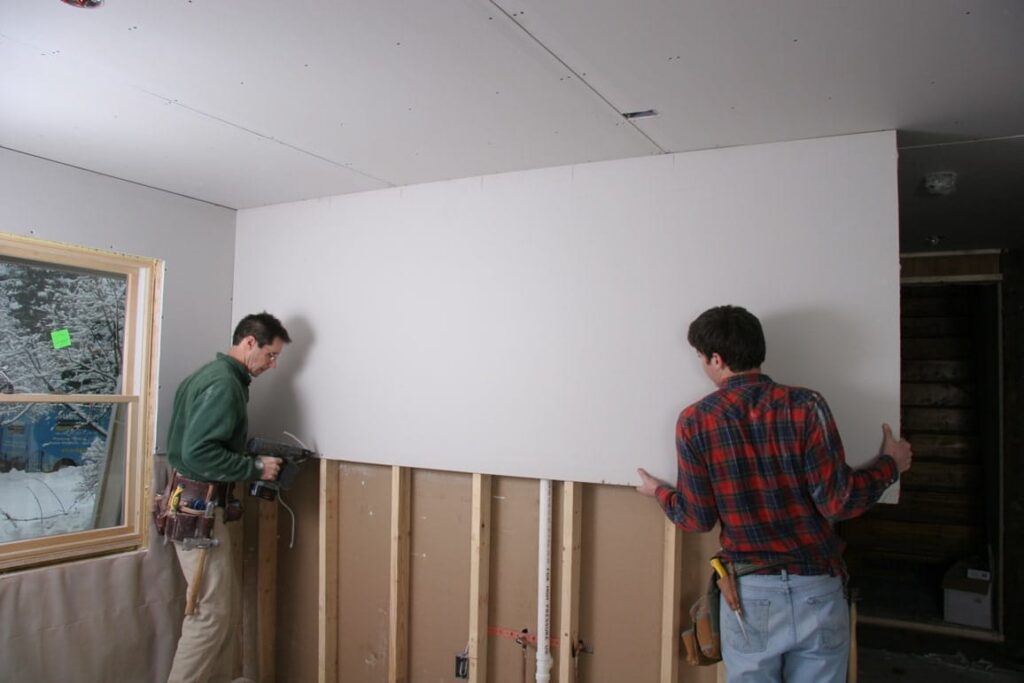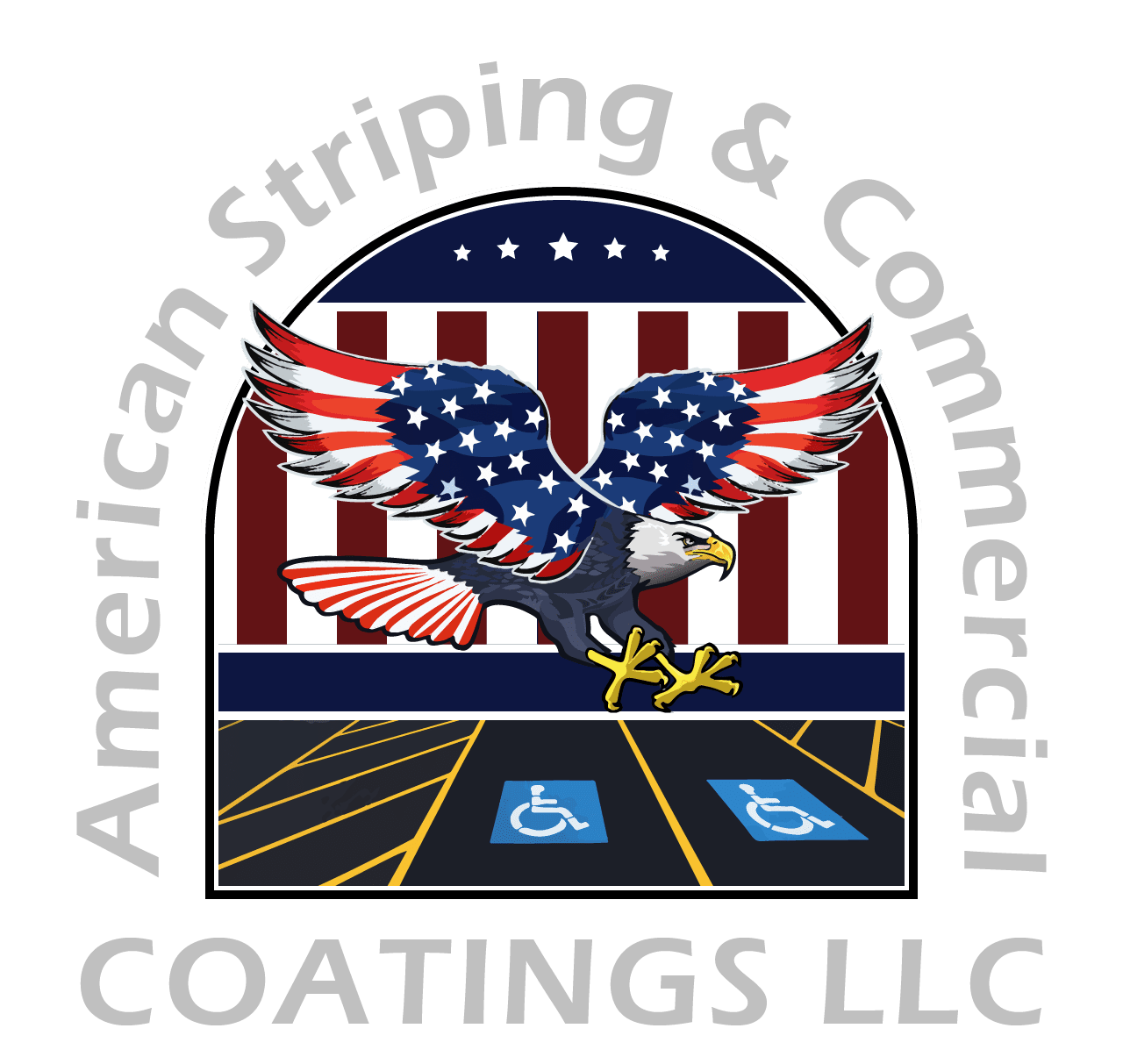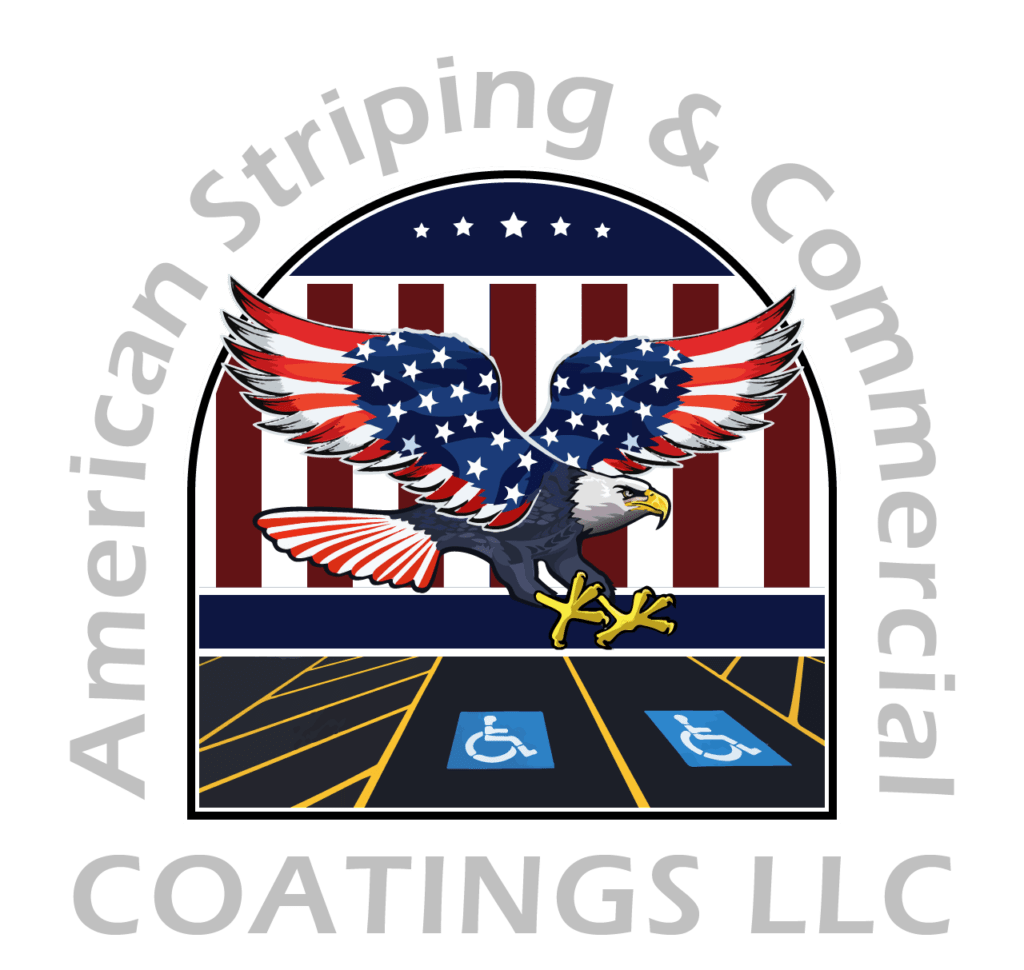(931) 743-7166 Monday - Saturday / 8:00 am - 5:00 pm EST
What Is Drywall?
Drywall is essentially a type of gypsum board but with a slightly different composition and installation process. It is one of the most commonly used materials for interior walls and ceilings due to its affordability and ease of installation. Unlike traditional plaster walls, which require multiple layers and extensive drying time, drywall is installed by securing large sheets to wooden or metal framing, followed by taping and finishing the seams to create a smooth surface. This efficiency makes drywall the preferred choice for most residential and commercial projects.




